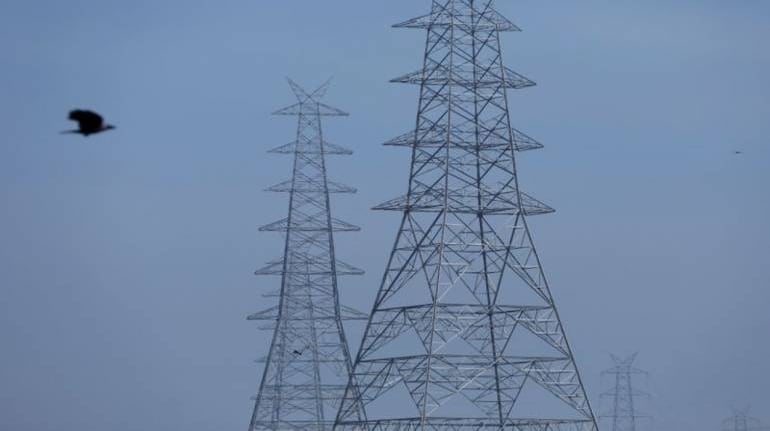Power generation rose 2.6 percent in the first 15 days of August compared with the same period of last year, a Reuters analysis of daily load despatch data from federal grid operator POSOCO showed, compared with a 1.8 percent fall in July.
India's electricity generation in the first 15 days of August rose for the first time since early March, provisional government data showed, as the country opened up industries and lifted restrictions to control the spread of coronavirus.
Power generation rose 2.6 percent in the first 15 days of August compared with the same period of last year, a Reuters analysis of daily load despatch data from federal grid operator POSOCO showed, compared with a 1.8 percent fall in July.
In the second half of last month, electricity generation declined 3.1 percent.
Power use has picked up from previous months when India was under a strict lockdown, mainly because of higher demand in the northern states and rising consumption in the highly industrialized western states of Gujarat and Maharashtra.
Industry and offices account for more than half of India's annual power use. Prime Minister Narendra Modi has been citing electricity consumption to show there are "green shoots" in the economy.
Seasonal factors including hot weather could have fuelled higher power demand.
Despite surging coronavirus cases and a rise in deaths to as many as 50,000 on Monday, most states have resumed nearly all industrial activity and removed tight restrictions on movement of people and goods.
Rajasthan, India's largest state by area, saw a 15.7 percent growth in electricity use. Other states including Bihar, Uttar Pradesh, Chhattisgarh and Madhya Pradesh also saw an uptick in power demand.
Renewable energy generation, which fell by nearly a fifth in July, rose 2.3 percent in the first half of August. Solar-powered electricity production grew 19.3 percent, while wind-powered generation fell over 10 percent.
Power generation from coal - India's primary source of electricity - rose 4.2 percent in the first fifteen days of August, the data showed.
Follow our full coverage of the coronavirus pandemic here.






